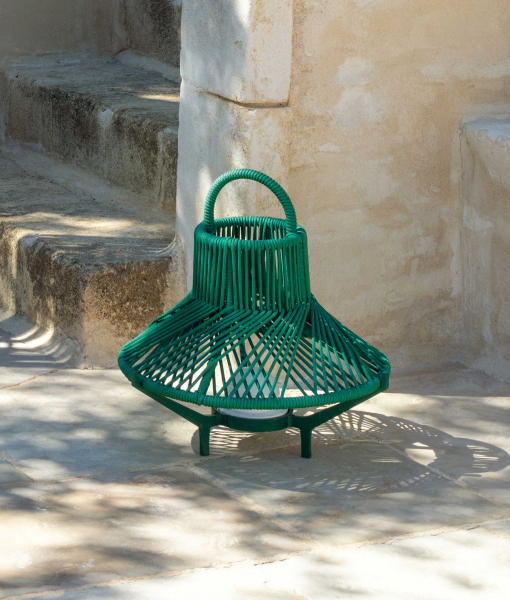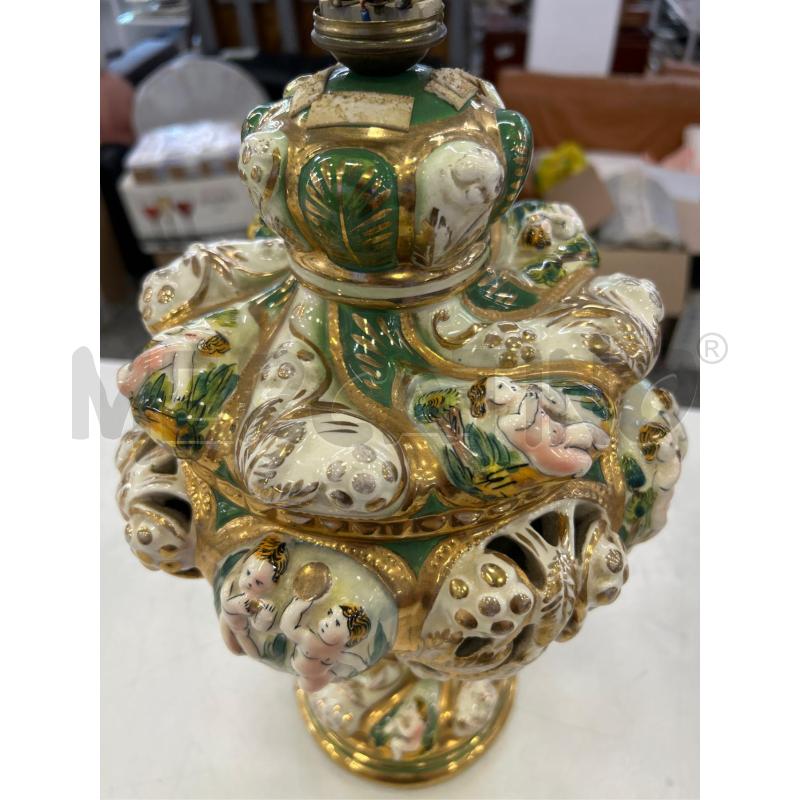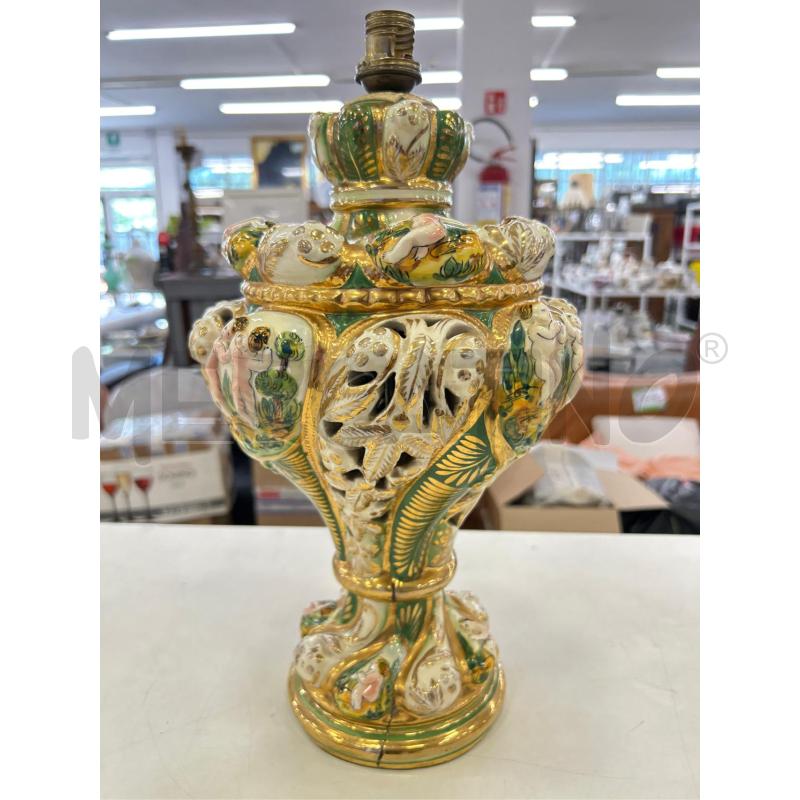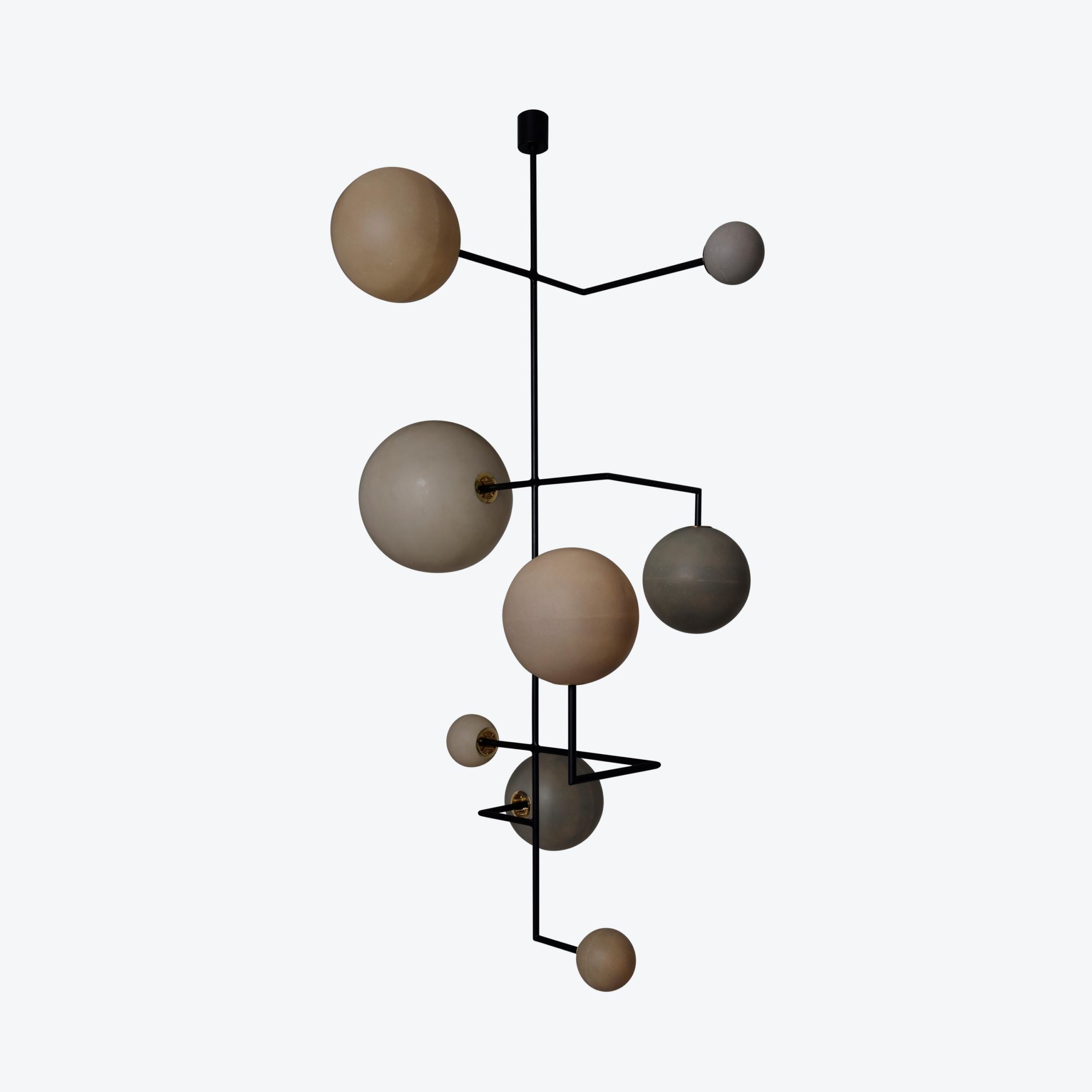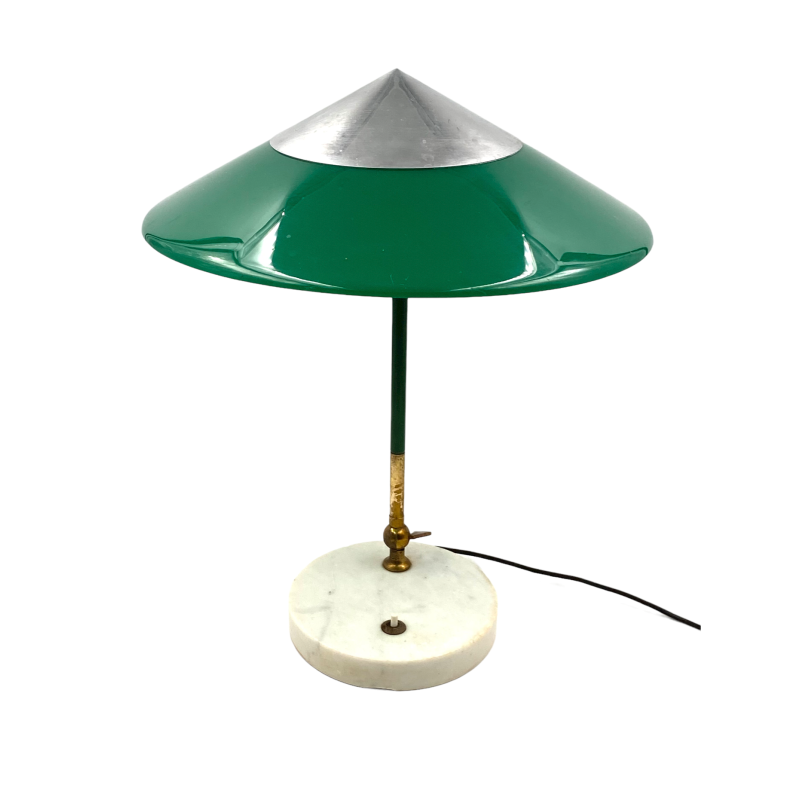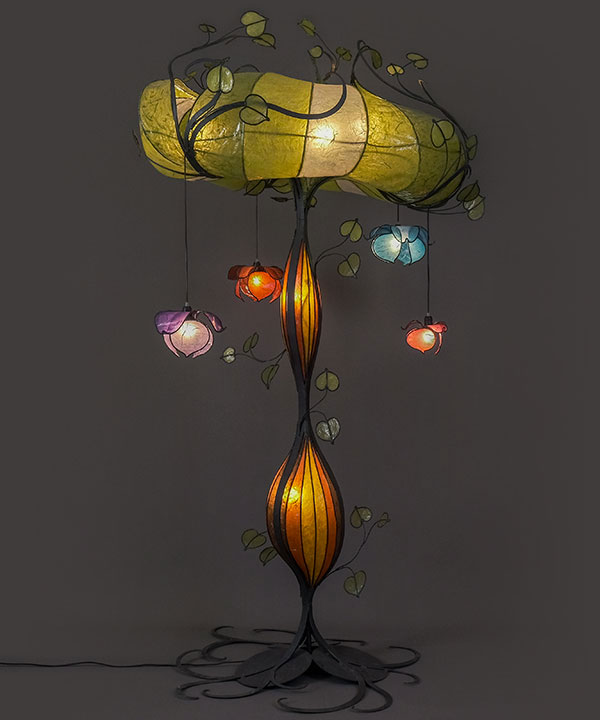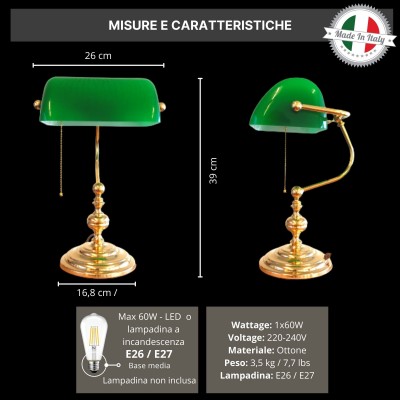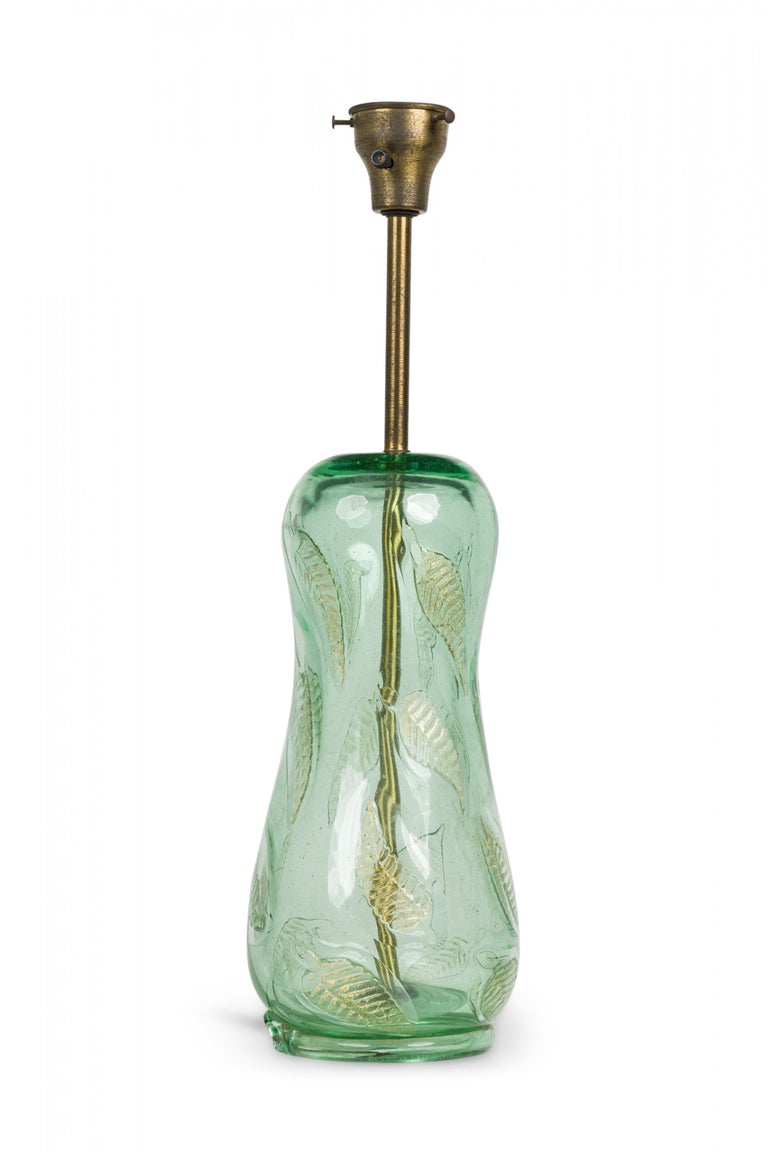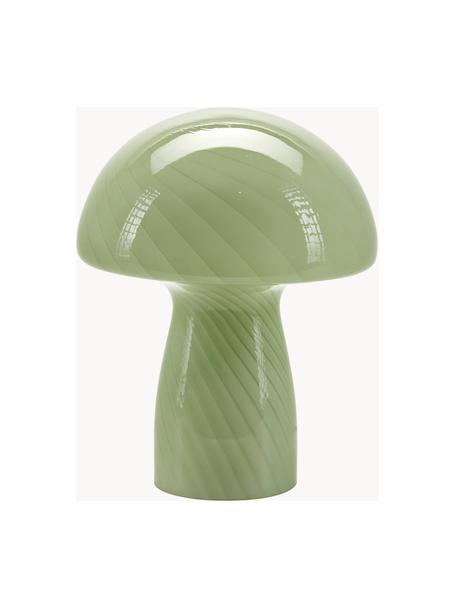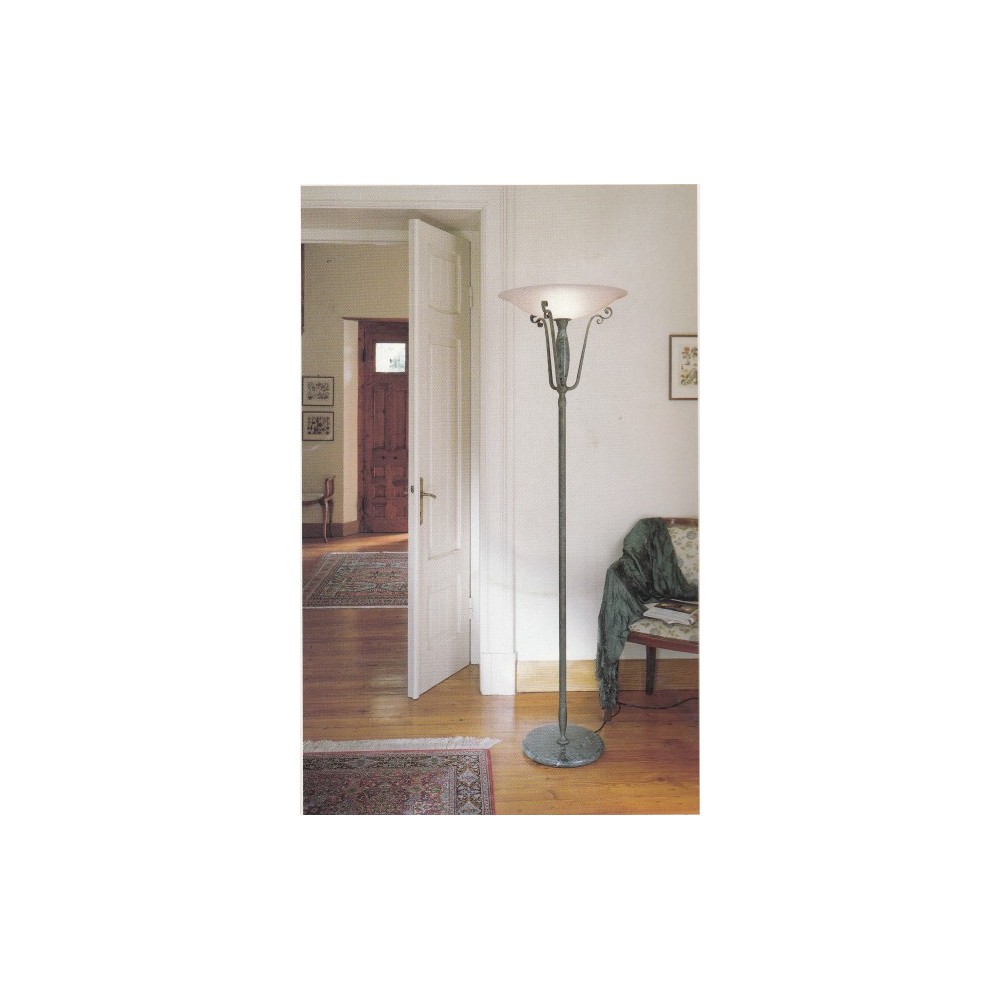
Lampada da terra Lipparini Monnalisa|Vetro "scavo"|E14|Verde antico|MADE IN ITALY|Coppolav.it: Prodotti fuori produzione

lampada da tavolo di Murano - base vintage made in italy - zonca • Vendita Online Antiquariato, Modernariato e Design • NowArc

LAMPADA MINISTERIALE TV verde anni 50 Alluminio e Ottone Italy originale vintage EUR 65,00 - PicClick IT

Lampada da tavolo Ministeriale Vetro Verde in Ottone anticato MADE IN ITALY : Amazon.it: Illuminazione

Arredoluce Floor Lamps - 68 For Sale at 1stDibs | arredoluce lamp, arredoluce triennale floor lamp, triennale lamp

Lampada da tavolo vintage ministeriale made in italy con vetro • Vendita Online Antiquariato, Modernariato e Design • NowArc
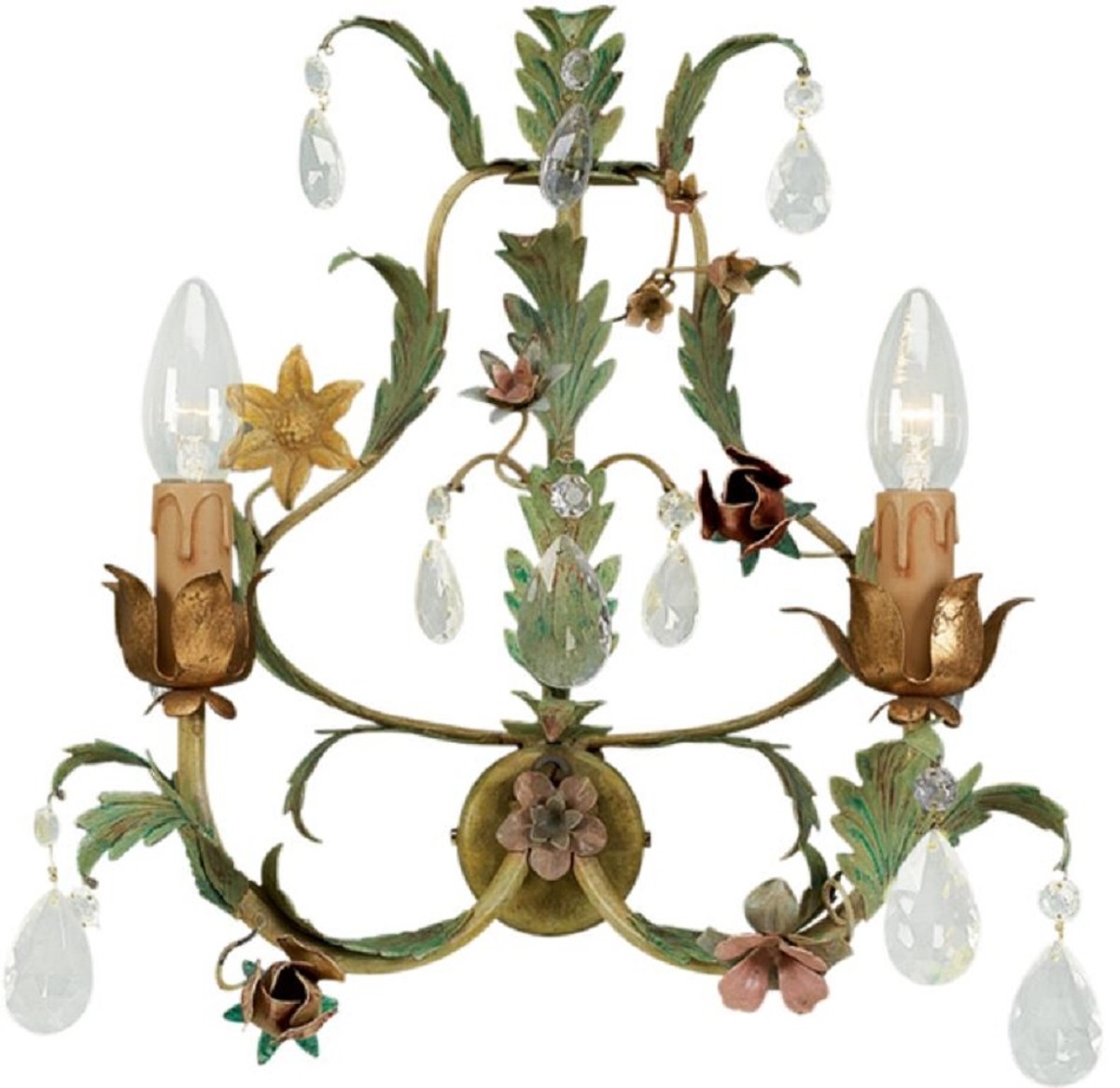
Casa Padrino lampada da parete Art Nouveau di lusso in cristallo rose e fiori verde / multicolore 35 x 16 x A. 38 cm - Applique Barocco e Art Nouveau | Casa Padrino


